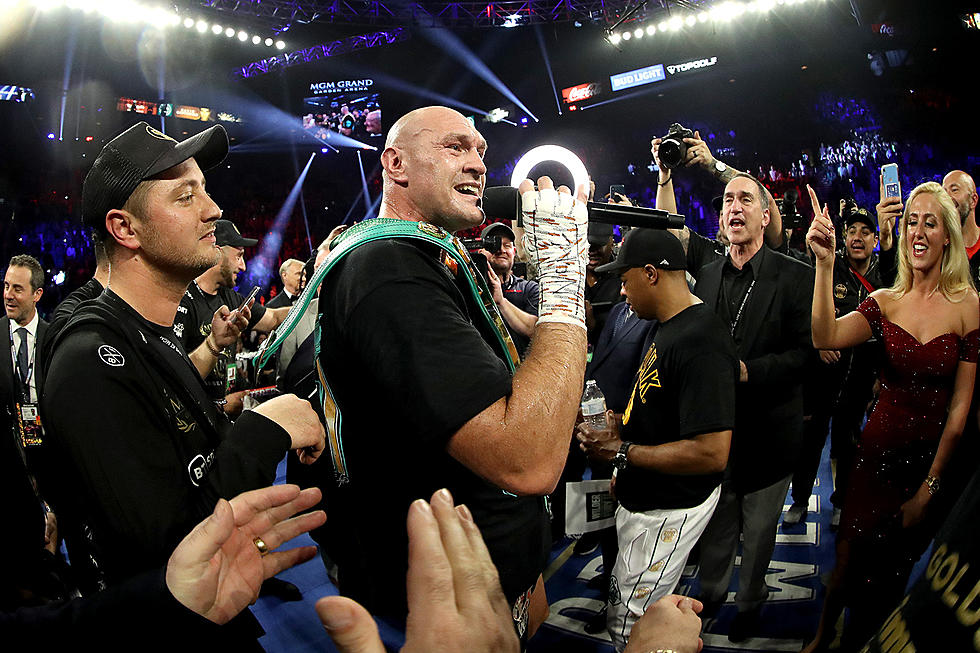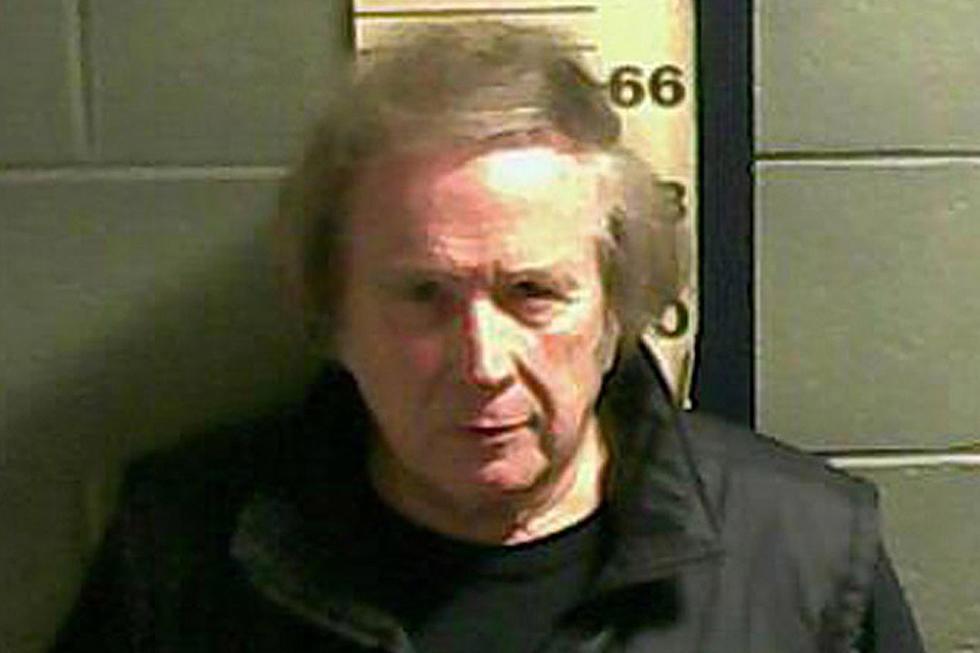
How Don McLean Mourned an Era on ‘American Pie’
Don McLean’s first album didn’t exactly set the world on fire. The story goes that more than 70 record labels turned down the opportunity to release Tapestry (not to be confused with Carole King's record), until a new company, Mediarts, agreed to put it out in 1970. The small label had little pull in the industry and McClean’s debut went mostly unnoticed.
But the New York folk singer, who had been mentored by Pete Seeger, caught a break when Mediarts was purchased by United Artists. With one album left on his contract and the backing of a big label, McLean had a shot at making it as a recording artist.
“My record deal was finished. I was on my ass,” McLean recalled years later. “I had one more album to make and I was making it and I said, well I am just gonna go for broke and do the things that I want to do, even more than the first time. And suddenly, I was bringing Buddy Holly back to life.”
The song would lend McLean's second album its title, become a No. 1 hit and his most famous tune. It also popularized the phrase “the day the music died,” turned into a beloved barroom sing-along and became one of the best-known pieces of music in the entire world: “American Pie.”
“This idea for a big song about America had been on my mind for a long, long time,” McLean wrote on the 50th anniversary of Holly’s death. “I wanted some sort of a song that summed up the world known as America, and every time I would think about this I would end up doing something smaller than the subject that I wanted, and I couldn’t find it. So all of a sudden this memory of Buddy’s death had the dramatic power that I needed and started my mind operating on a different level.”
The song’s opening verses are based in truth. McLean was a paperboy who learned of the death of his favorite rock star – along with Ritchie Valens and the Big Bopper – when he began to deliver the newspapers emblazoned with the story of Holly’s plane crash on Feb. 3, 1959. The songwriter used “the day the music died” as a refrain and as a starting point for a composition that mixed rock ’n’ roll nostalgia with politically commentary and referenced Bob Dylan, the Beatles and the Rolling Stones in coded poetic language.
Listen to Don McLean Perform 'American Pie'
McLean wrote the lyrics over the course of 1970 and 1971, with inspiration striking in different places. He unveiled the song when opening for Laura Nyro in March, then recorded “American Pie” in May – with a band that had been rehearsing the tune for two weeks, at the direction of producer Ed Freeman. In the end, they ended up with an eight-and-a-half-minute epic that was exciting, compelling and mournful.
As an elegy for an era, “American Pie” was a good fit for the other songs that McLean had written for the record. McLean was having marital trouble and he felt generally pessimistic about how the idealism of the ’60s was shifting to the darker tones of the ’70s. He wrote “Vincent” about Vincent Van Gogh, employing the painter’s talent and tragic life for a rumination on misunderstood artistry. Van Gogh’s work also helped inspire “Empty Chairs,” which focuses on love and loss.
American Pie was released on Oct. 24, 1971, and zoomed to the top of the Billboard album chart in two weeks, aided by the popularity of its namesake song. Despite its length, “American Pie” became a radio sensation and topped the charts as a single in early 1972. The gentle “Vincent” also became a big hit, going No. 1 in Britain while hitting No. 12 in the States.
“Vincent” and “American Pie” have since been enshrined in pop music history, covered (for better or worse) by various artists, with “Pie” in particular reaching acclaimed status with continued radio play, parodies, tributes and lists of the greatest songs ever.
The song has also began a life as a poetic puzzle, with armchair analysts “decoding” the meaning behind each and every one of its 800-plus words. McLean often frustrated those seeking “the truth” behind his lyrics by giving vague answers. But he relented a bit over the years, most notably when he discussed his inspirations in a 2015 Christie’s catalog, which tied in with the auction of his notes and lyrics for “American Pie” (fetching $1.2 million).
“I thought it would be interesting as I reach age 70 to release this work product on the song ‘American Pie’ so that anyone who might be interested will learn that this song was not a parlor game,” McLean said. “It was an indescribable photograph of America that I tried to capture in words and music.”
Top 100 '70s Rock Albums
More From Ultimate Classic Rock









